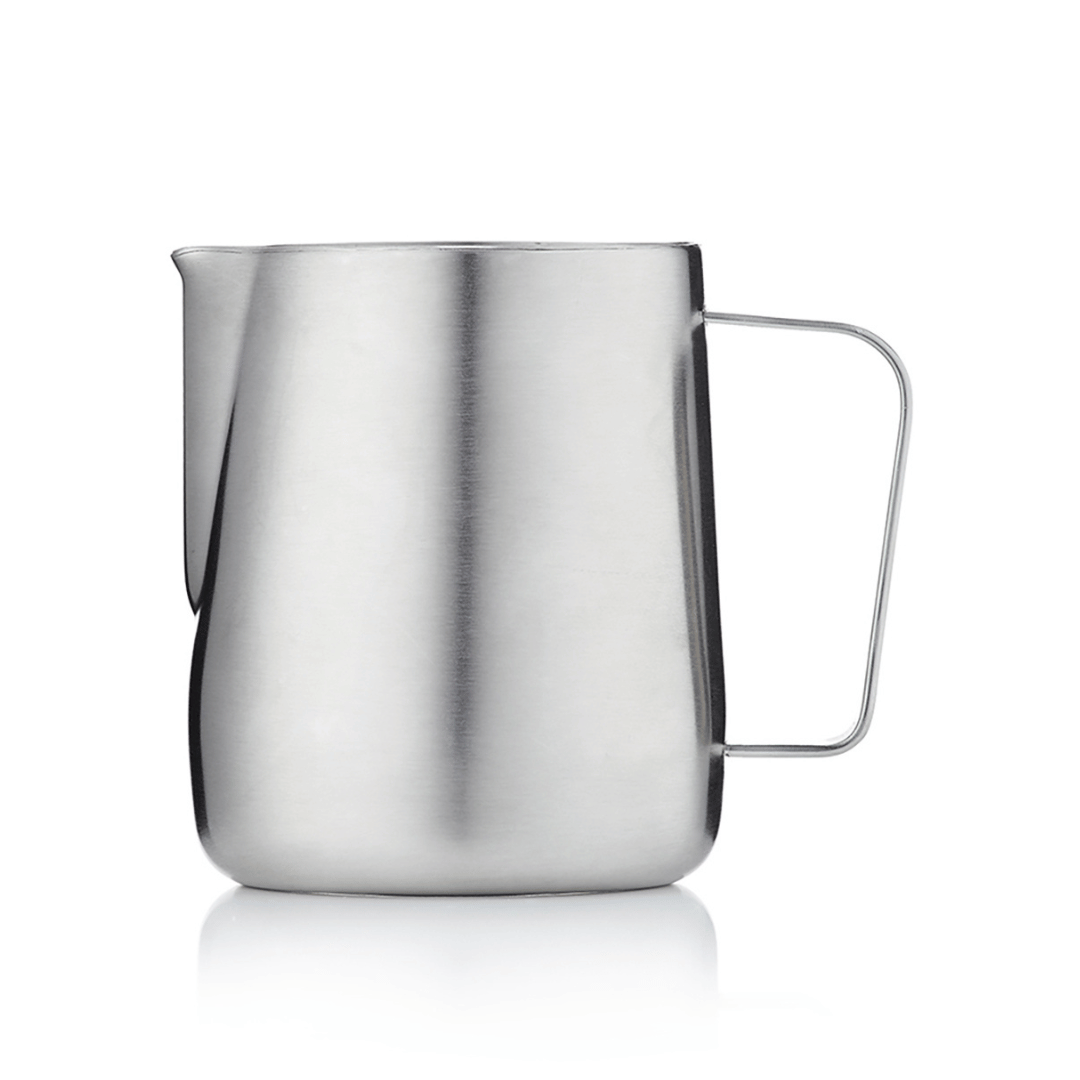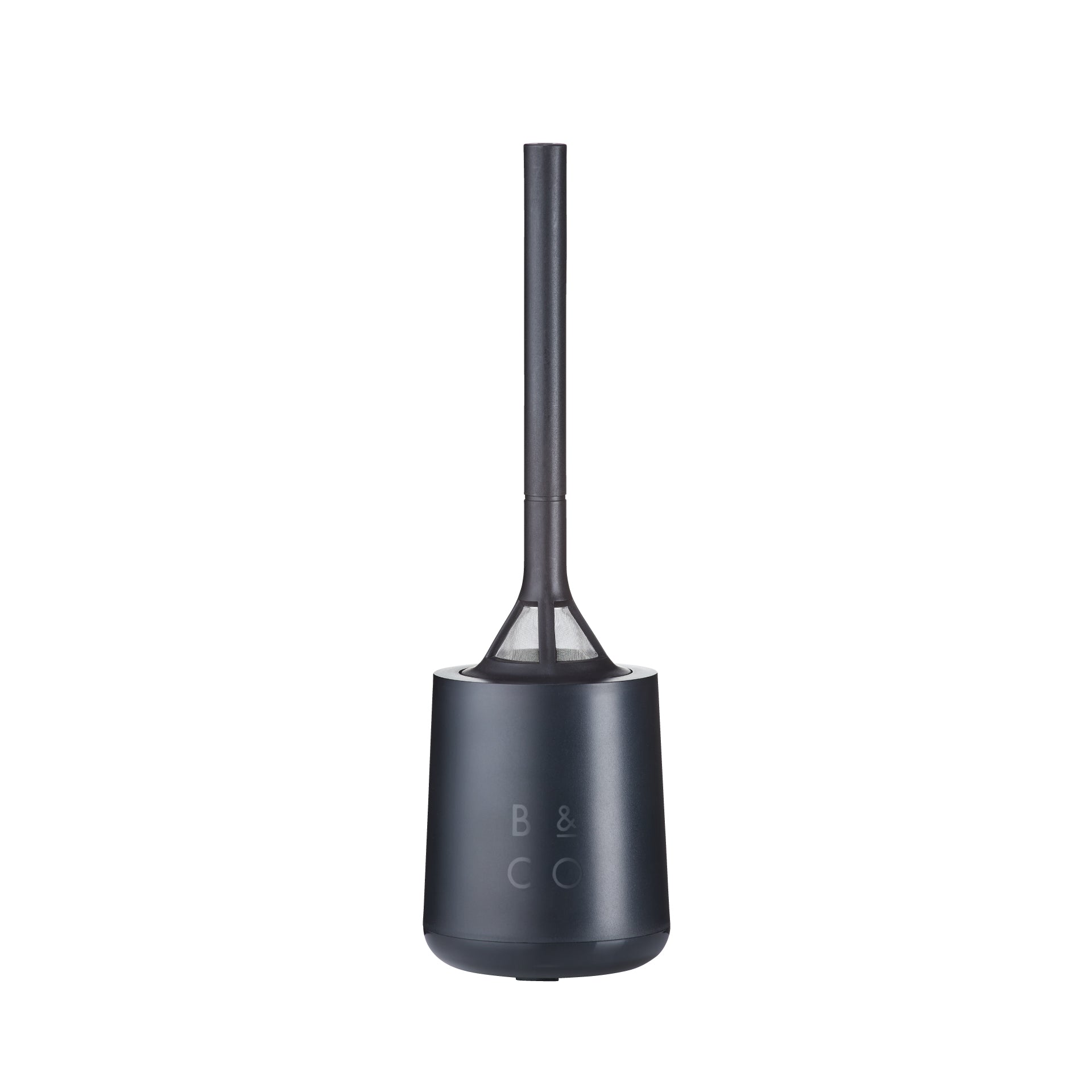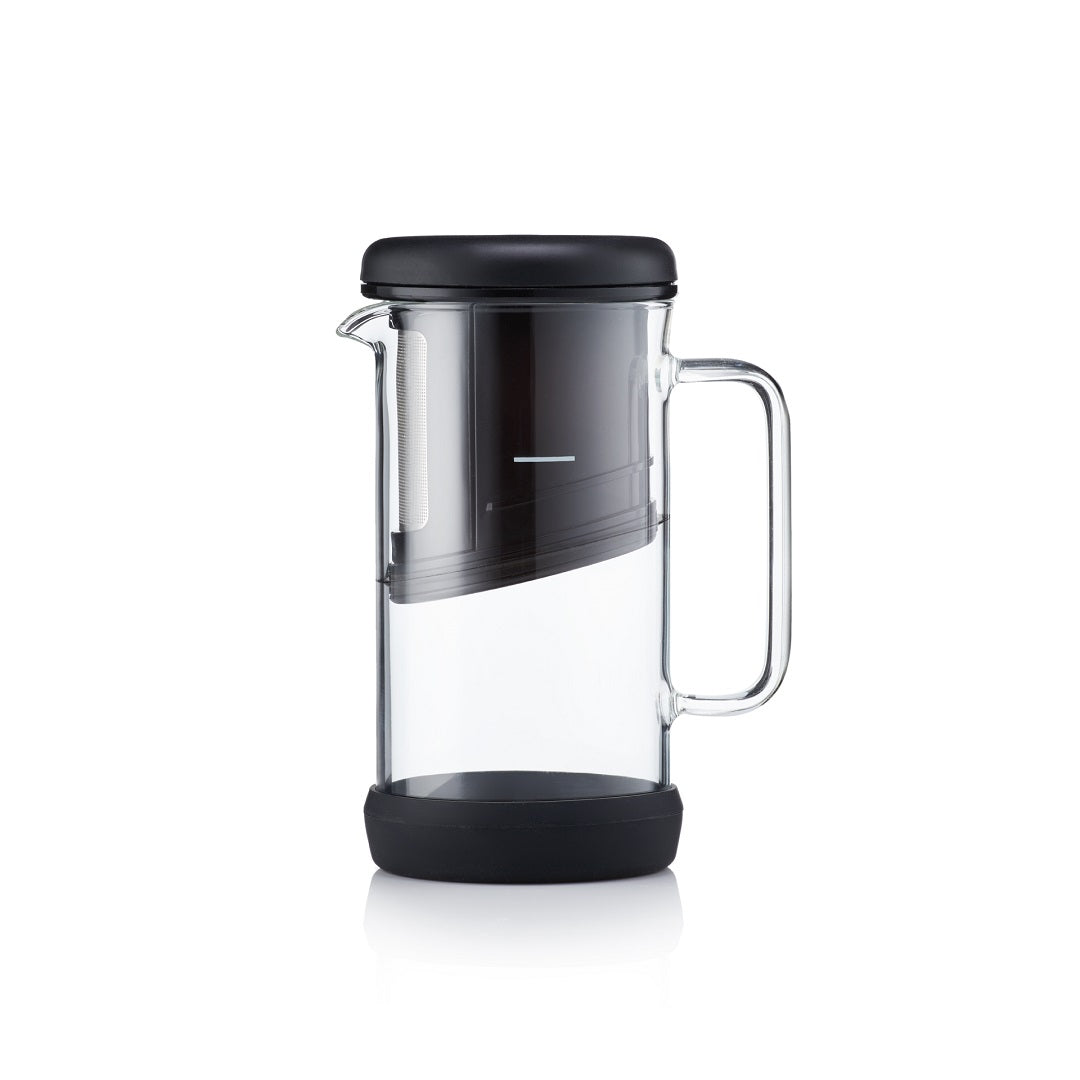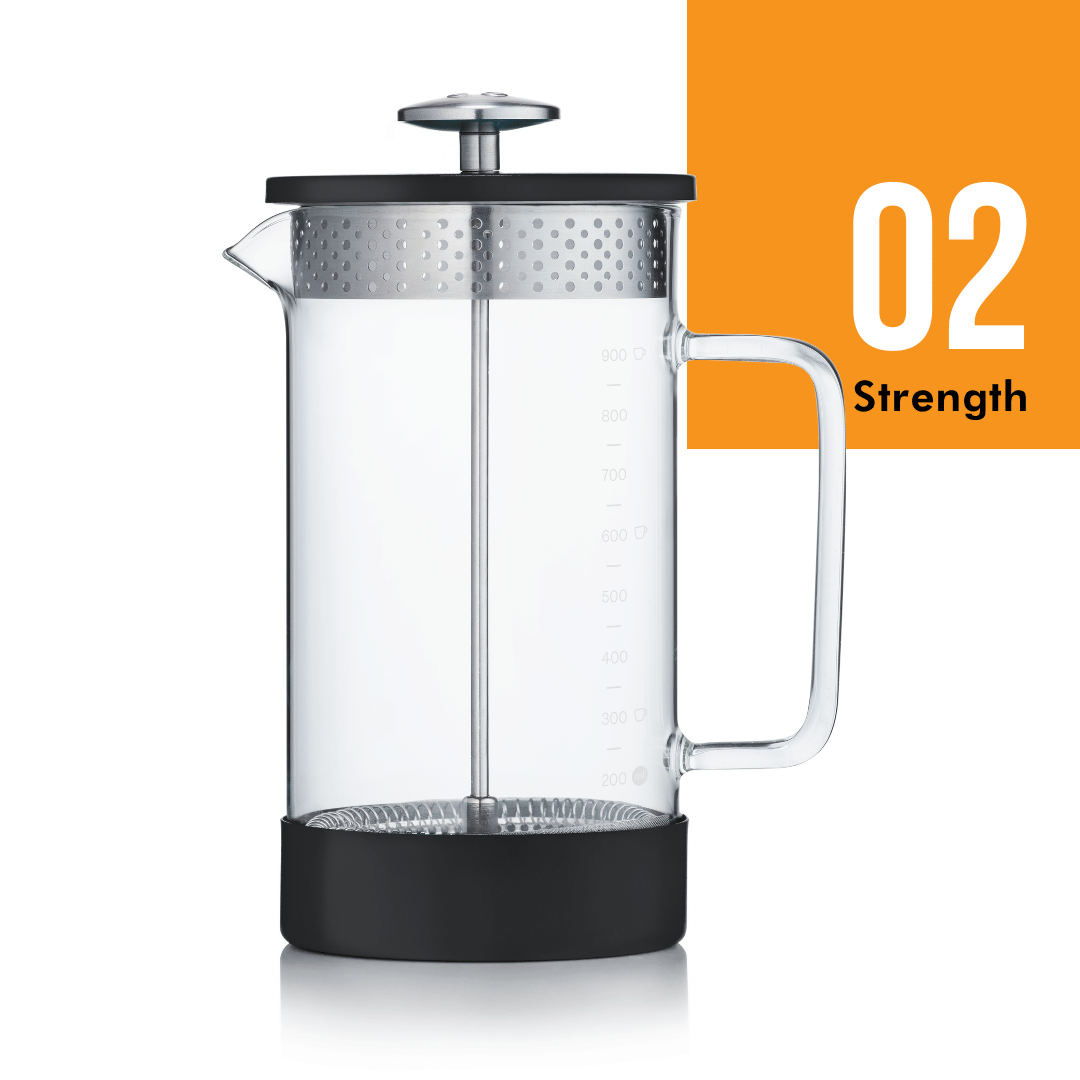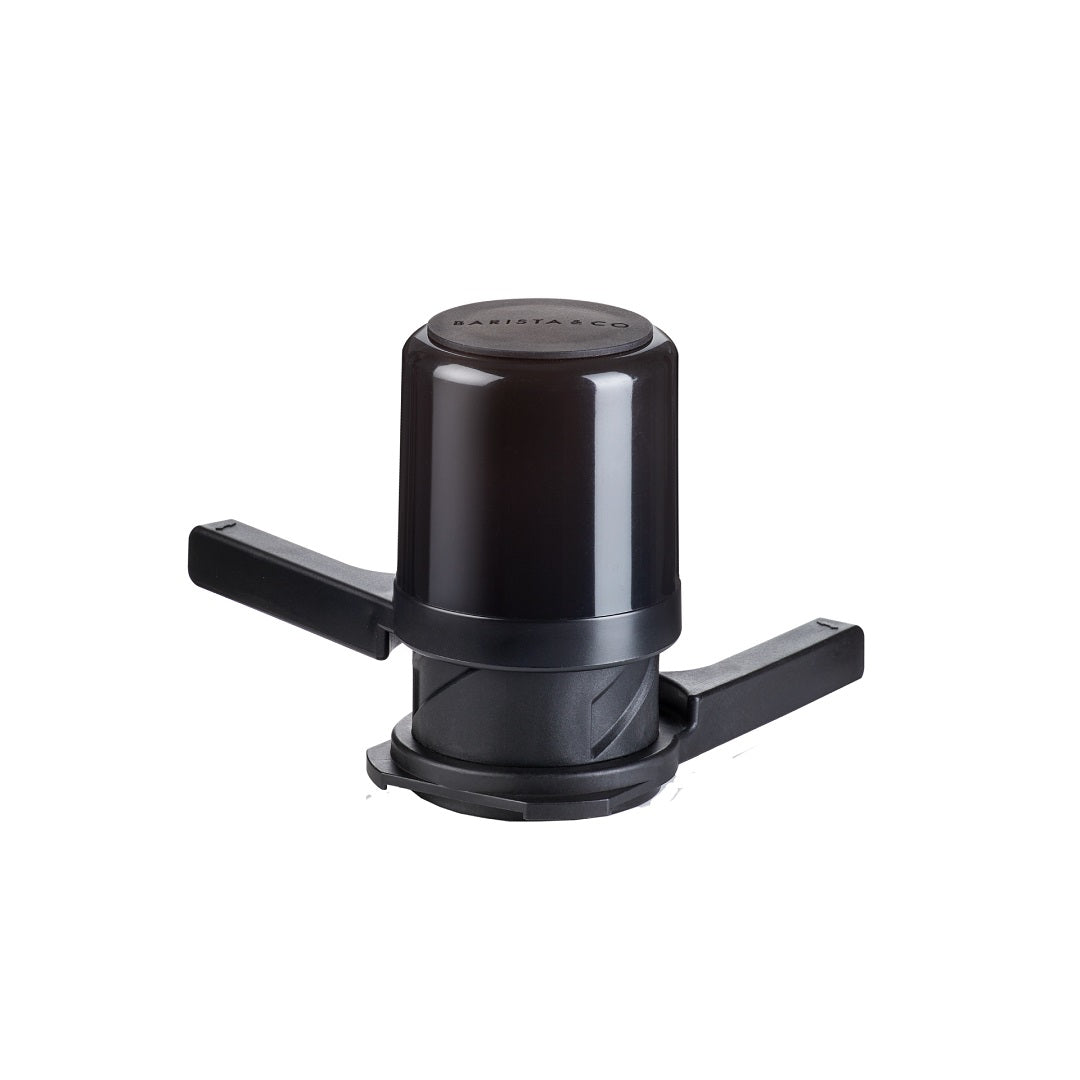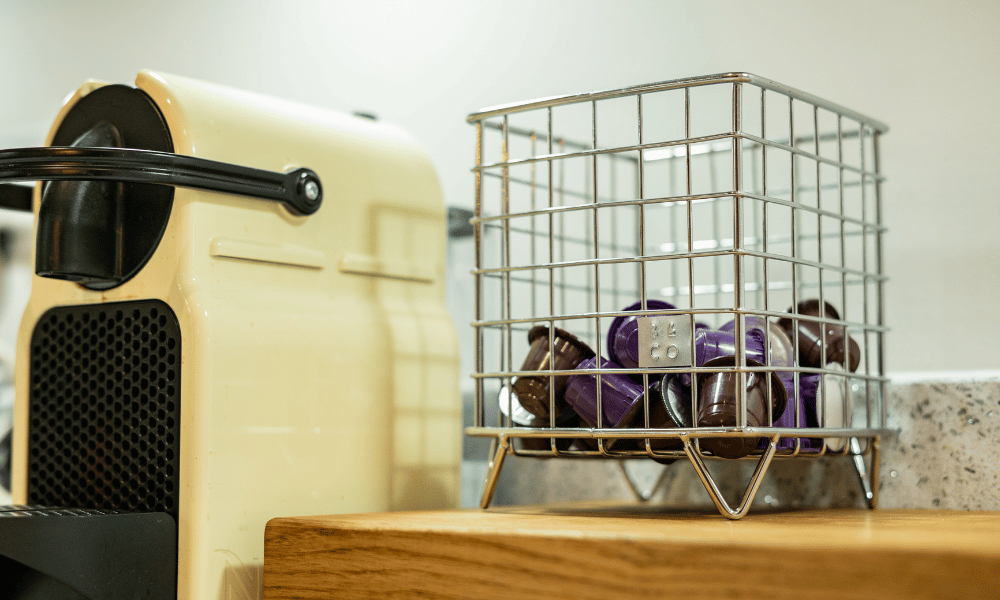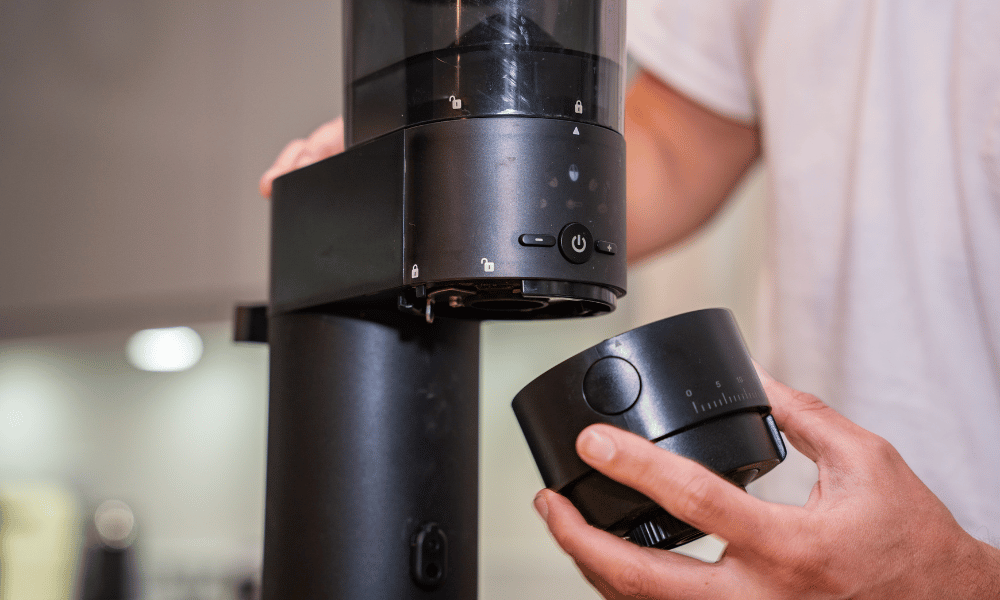Q&A | Happy HQ X Barista & Co
Barista & Co spoke to Janine and Louisa at HappyHQ to learn more about workplace culture and the importance of breaks for colleagues throughout the working day (specifically coffee breaks, of course!).
HappyHQ are the people-first company culture specialists, providing workshops and culture mapping to policy writing and change implementations for all areas of your business.
‘In a world where culture is central to company success, we’re here to guide you along the way.’ – HappyHQ
We delved into the perception of good workplace culture vs the reality of it, as well as unveiling the changes that hybrid working has bought to teams across the country. Louisa and Janine also offer their 3 top tips on how to create a healthy culture in your own workplace and the ways in which you can measure it.
Here’s what we learn from the culture specialists…
What is Workplace Culture?
Workplace culture for a lot of people is a hugely complex topic, an area which can often be misunderstood.
Offering employees pizzas on a Friday or permitting a later start on a Monday morning doesn’t automatically mean a business has a good workplace culture, contrary to some employer’s beliefs.
As society and the working environment continues to change, more businesses are becoming more conscious of the importance of company culture in their workplace.
Happy HQ’s official definition of workplace culture is:
‘The shared values, beliefs, behaviours and attitudes that shape a company, it’s practices and decisions.’
To simplify things, HappyHQ’s have created their Culture Map which dissects culture into 70 different topics and the following 8 key areas:
- Wellbeing (health & wellbeing focused)
- Purpose + Values (purpose & values-driven)
- Communication (open & collaborative communicators)
- Leadership (clear structure & opportunity for development)
- Connected (genuine, authentic people & friendships)
- Empowerment (flexibility, tools & thrust to drive)
- Appreciation (strong sense of recognition & value)
- Belonging (inclusivity championed & sense of belonging & pride)

How Hybrid Working Has Affected Company Culture and the Ways Colleagues Interact
The team at HappyHQ believe working from home really has exposed company culture.
If you have a company that’s really connected, has great goals, good leadership, a sense of belonging, then it is highly likely that employees will continue to thrive when working in a new setting. They will naturally be more resilient and engaged.
As a business you may have to make a more conscious effort to ensure people still feel connected when working from home. It’s the duty of the employer to provide the correct tools, equipment, and opportunities for the team.
This may mean implementing resources to ensure a strict time out period, offering opportunities for colleagues to socialise in break-out teams or providing employees with the option to go into the office if they want to.
3 Top Tips to Create Good Workplace Culture
Whilst it is a cohesion of factors that contribute to a good workplace culture (as shown in the Culture Map above), Louisa and Janine highlight their three most important tips when it comes to the development of any business.
Company Values
To grow and solidify a strong workplace culture, it is crucial to ensure the business has a core set of authentic company values. For maximum success, these values must be decided and genuinely believed by all employees, so they are embedded and demonstrated in every aspect of the business.
Whether it’s hiring the right people, setting goals for individuals or employee retention, the core values must be implemented to attain a consistent and desirable workplace for everyone.
In HappyHQ’s most recent podcast, ‘Don’t F**k Up The Culture’, the pair touch on the importance of company values further.
Listening to Employee’s Feedback
Employees are the most powerful resource.
Living and operating within the workplace culture day in day out, employees will know the business in depth. These individuals will have the most real answers and opinions on the culture they work in and can often offer the most constructive advice.
With all the change in the norms over the past couple of years, the leaders who have kept the people’s needs at the heart of their decision making, by asking them want they want, are the ones who have succeeded.
An example of this has been demonstrated by recruitment company, I Love My Job, whose employees work remotely at least two days a week.
One individual within the company communicated that she was missing human interaction on the days she based at home. She went on to explain that even though she would see her colleagues via Teams calls and online meetings, the discussion was always about work, and she missed the comradery that would come naturally when in an office environment.
After discussing this with the Manager, the team put together a new chat on Teams called ‘Spill The Tea (& Coffee)…’. The purpose of this was to create a casual space for all members of the team where they could coincide their coffee breaks for 10 minutes or so throughout the day. It would entail a call where employees could meet up and have an informal chat, much like they would do in an office setting. The rules are simple; there is to be no mention of work.
The company found that by giving employee’s this time out to refresh and debrief throughout the day, everyone was more productive and motivated when it came to working.
Adapt
To remain relevant and optimise the potential of the business, it is crucial that the company stays on top of developments and movements within the working world. This requires a versatile and dynamic leader who is willing to take risks for the benefit of the business.
For example, the new four-day working week pilot model was run by several companies within the United Kingdom. Many of these have seen success in this new way of working, gaining positive feedback from their employees and have chosen to implement it into their business permanently, improving their workplace culture.
It takes an open-minded and trusted leader to trial new working patterns without knowing the outcome. Individuals with this mindset also often view failure as a positive, using it for business growth instead of a hinderance.
There are many ways to keep up to date with movements nowadays, such as by following the news, podcasts, magazines, and specific resources on LinkedIn.
How to Measure Workplace Culture
When it comes to measuring workplace culture, there are several unsystematic indicators which can be used. These include employee retention, employee satisfaction, the hiring of suitable people and knowing all individuals feel seen, heard, and valued when at work.
HappyHQ has created their Culture Model to give businesses a statistical, measurable result on their workplace culture.
It works by offering a Culture Assessment to all individuals within the company, looking at 45 different touchpoints and asking employees to score each section appropriately. HappyHQ then analyse the anonymous results and give a score out of 40 (the highest indicating a strong workplace culture).
Book your own Culture Assessment in today!
Importance of Coffee Breaks at Work
Along with the magnitude of health benefits that coffee brings, HappyHQ touched on the benefits of providing employees with coffee/tea-making facilities within the workplace.
Providing your team with a space for time out and a hot drink has proven to increase positivity and reduce stress throughout the working day. Giving employee’s mini breaks away from their screen can provide them with time to debrief, often putting them in a better headspace to face working decisions.
In Sweden, they have developed a concept called Fika. This has become an important part of their culture, making it a compulsory routine for the Swedes to make time for “a coffee and cake break”. It cannot be experienced at your desk by yourself, meaning it forces friends and colleagues to get together to share a cup of coffee (or tea) and a little something to eat.
Swedes have found that it refreshes the brain and strengthens relationships. It makes good business sense: firms have better teams and are more productive where Fika is implemented.
Also, having coffee-making facilities within the workplace is a cost-effective, high valued feature; it is something employees now expect. From a recruitment perspective, it is a desirable attribute to have established in your office as potential candidates will see that the team are looked after.
With the continuous changes within the working environment and new movements being introduced, it is no surprise that having a strong, healthy workplace culture is now more crucial than ever. Having an established and cohesive team makes for more resilience and versatility when trialling new ways of working.
It’s important to put the time and effort into creating this culture within the workplace and it’s good to remember that even those with already strong established cultures have room to improve.
Book a call with HappyHQ today to kickstart your consultation and delve into the nitty gritty of your workplace culture and better your team. And why not browse our Office Coffee solutions to level up the way you take your coffee breaks – after all, everyone deserves good coffee!




